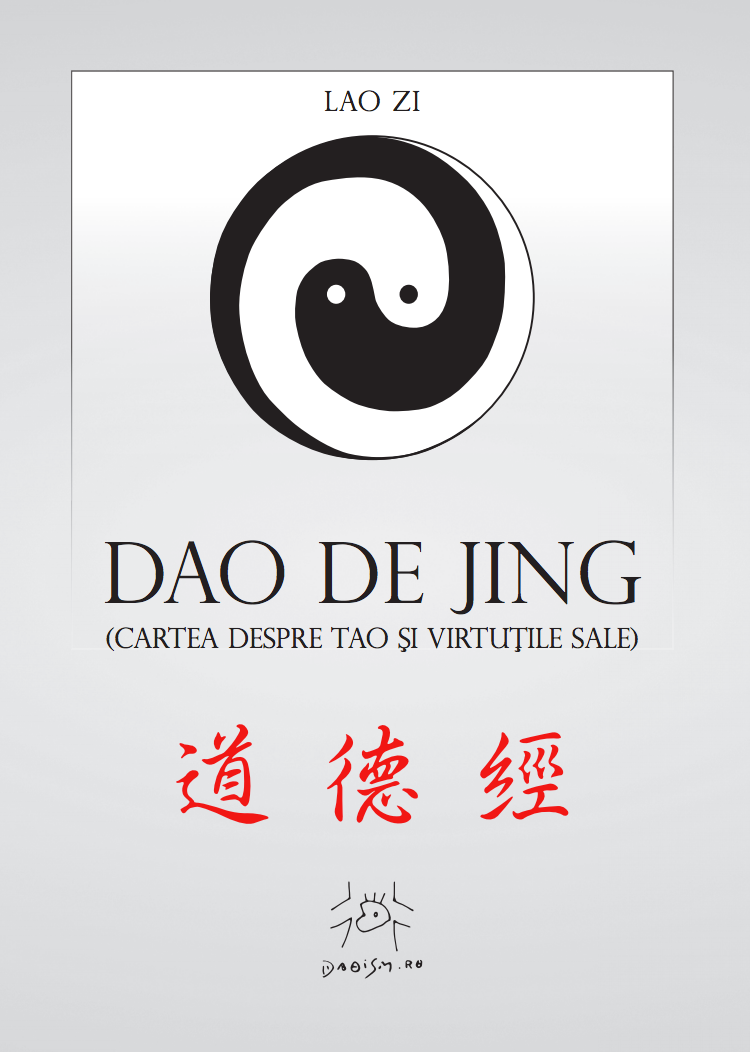
If nobody really knows what the book’s point is, then our interpretation is as good as anyone else’s.Īnd so here we go. This is good for us, because it allows us to have fun creating our own exegesis, and to utilise its wisdom for our everyday lives in the 21st century: a purpose that surely the book’s author did not have in mind when he dictated its 81 paragraphs to the toll collector on that remote Chinese mountain pass over two millennia ago. The Dao De Jing often seems rather like a funhouse mirror or a Pythian oracle, in which every visitor can find a distorted version of what they are looking for. Since it was first written, it seems that every society, every generation and every reader has been able to find something of great value in it, even if it seems impossible to agree on what exactly the valuable insights are.

Today we want to talk a bit more about that short but seemingly immortal book, the Dao De Jing.
DAO DE JING SERIES
This article is part of a series on Daoism and Hermits. In this article, we walk quickly through the main themes of the Dao De Jing. The need to act according to nature, the understanding of virtue as a skill and the Daoist praise of humility are reminiscent of similar passages in the works of Stoics, Epicureans and Aristotelians. The Dao De Jing, although it might seem cryptic at first, is not far removed in many of its messages from other philosophies of its time.


 0 kommentar(er)
0 kommentar(er)
